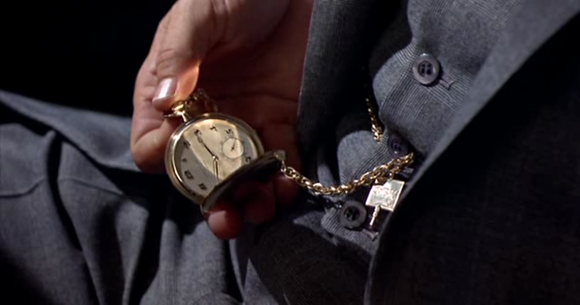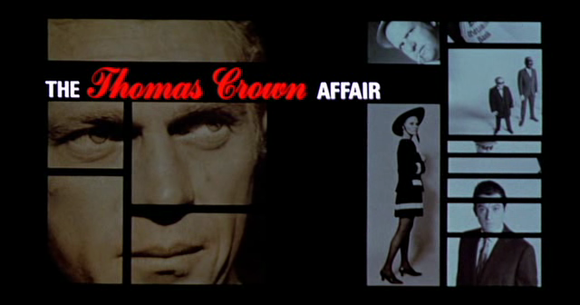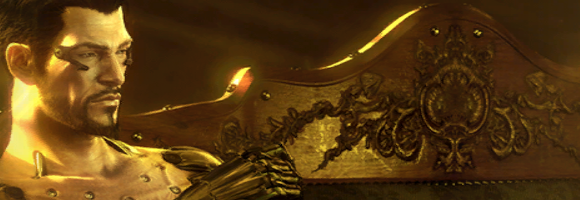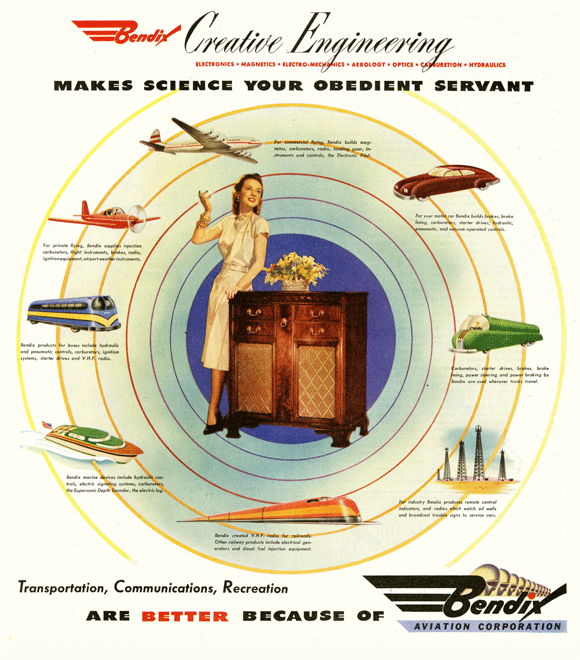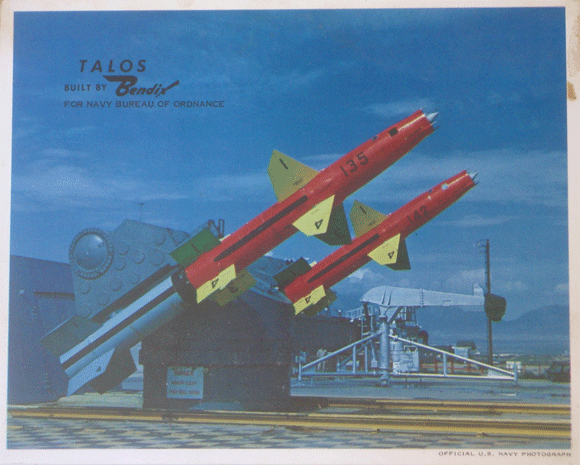zeph’s pop culture quiz #49

We are in an officers’ mess. Two senior members of the flight personnel are having a conversation while playing pool. What is said in this conversation?
Just leave a comment with your educated guess—you can ask for additional hints, too. [Leaving a comment is easy; just click the ‘Leave a comment’ at the end of the post and fill in the form. If it’s the first time you post a comment, it will be held for moderation. But I am constantly checking, and once I’ve approved a comment, your next ones won’t be held, but published immediately by the system.]
UPDATE and solution (14 November 2012):
Again Alexander Rabitsch ↵immediately recognized the correct movie: ‘↑Fail-Safe‘ (Lumet 1964)—congratulations, but because of lack of time till Christmas he is loath to check back for the dialogue of the depicted scene. So, here we go.
About a quarter of an hour into the movie a titlecard informs us that the now following scene takes place in Anchorage, Alaska at 05:30 AM—presumably at ↑Elmendorf Air Force Base. Colonel Jack Grady, USAF (Edward Binns) and his wingman Billy Flynn (Robert Gerringer) are having a conversation while playing pool at ‘Club Igloo,’ the officers’ mess. Both men are World War II veterans and are now flying for the ↑Strategic Air Command (SAC), piloting fictitious ‘Vindicator’ bombers (in the movie represented by ↑Convair B-58 Hustlers) which are carrying nuclear weapons:
Anchorage, Alaska 05:30 AM
Flynn: ↑Ploiești was a rough one. We lost half of our group.
Grady: ↑Regensburg was the worst one for us.
Flynn: I never flew the ↑B-17, only ↑B-24s.
Grady: Good airplane, the old ’24. You knew you were flying it, not the other way around, like today’s things.
Flynn: You still have to fly the Vindicator, Grady.
Grady: We’re the last of the lot, Flynn. Don’t kid yourself about that. The next airplanes won’t need men.
Flynn: You’ll be too old, anyway.
Grady: After us, the machines. We’re halfway there already. Look at those kids. Remember the crews you had on the ’24s? Jews, Italians, all kinds. You could tell them apart. They were people. These kids—you open them up, you’ll find they run on transistors.
Flynn: They’re good kids, I tell you.
Grady: Sure. You know they’re good at their jobs, but you don’t know them. How can you? We get a different crew every time we go up.
Flynn: That’s policy, Grady. It eliminates the personal factor. Everything is more complicated now. Reaction time is faster. You can’t depend on people the same way.
Grady: Who do you depend on?
This very moment the conversation is interrupted by an entering officer, saying: ‘All right Gentlemen. The sky awaits.’ [my transcription—put the blame on me]
Although there is no artificial intelligence becoming sentient and then wielding nuclear weaponry, like in ‘↑Colossus‘ (Sargent 1970), ‘↑War Games‘ (Badham 1983) or the ↑Terminator franchise, the issue of man having delegated too much authority to complex technology, ultimately leading to thermonuclear destruction, is explicitly voiced in ‘Fail-Safe’ several times. Without spoiling the movie the ↑synopsis collaboratively written by users at imdb gives a perfect idea of the plot:
Warren Black [Dan O’Herlihy] lives in New York City and suffers a recurring nightmare about attending a bullfight that ends in a piercing shrieking noise. The nightmare fills him with doubts about his job as a Brigadier General in the US Air Force who is assigned to nuclear weapons.
Walter Groteschele [Walter Matthau] is a professor with some audacious ideas about nuclear warfare—namely that the common conception that any exchange of nuclear weapons will inevitably and imminently lead to an all-out exchange and the annihilation of the world is wrong. He is a civilian advisor to the Defense Department and Defense Secretary Swenson.
Frank Bogan [Frank overton] is commanding general of Strategic Air Command, the nuclear weapons arm of the Air Force, and he possesses faith in the vast array of high-tech equipment at his disposal, enough that he leads a short-notice tour of a visiting Congressman, Hubert Raskob [Sorrel Booke], of SAC headquarters—though he must roust his executive officer, Colonel Warren Cascio [Fritz Weaver], from an unplanned visit with his elderly father, a drunken hillbilly who lives in a basement apartment and whose alcoholism periodically leads to violence.
Jack Grady, a Colonel in the Air Force, leads Group Six, a squadron of Vindicator nuclear bombers, supersonic jet aircraft derived from the B-58 Hustler bombers of the latter 1950s and based near Anchorage, AL. Grady and his wingman Billy Flynn debate the utility of their fellow pilots, young men who seem more like machines than the pilots they flew with in the Second World War.
All of these men are soon caught up when a computer malfunction at SAC headquarters results in replacement of a faulty control piece. The replacement is routine but momentarily freezes up SAC’s mainframe as the array of computers reboots. It appears of no concern—except the glitch activates the Fail-Safe box aboard Group Six; at the same time all radios aboard Group Six are jammed by Soviet Russia, and when the fail-safe signal aboard the planes is verified, it leaves Grady and his men thinking that nuclear war has broken out and they must execute their final order—penetrate Soviet Russia from the North Pole and launch multi-megaton explosives onto Moscow.
The President Of The United States [Henry Fonda] now must become involved as he and his translator, Peter Buck [Larry Hagman], travel deep underground to the White House command bunker, where a ‘Hot Line’ direct voice communicator with the Soviet Premier awaits, with Buck hearing the Russian’s voice and translating his words to the President. The President, the Secretary of Defense [William Hansen], and General Bogan work to try and stop Group Six, but the power of the planes and the crews’ unshakable working orders—orders that include disregard of all outside voice communication on the suspicion of enemy disinformation—means that the six bombers penetrate Soviet Russia and overcome the Soviet Empire’s vast antiaircraft grid.
With all indications being that the bombers will reach Moscow, the President makes a deal with the Soviets – a deal so stunning as to shake even the Soviet Premier into realizing that the President’s pleas that the attack is an accident are manifestly the truth, but with the sickening realization that the President’s proposal is the only way to avoid omnicide.
Quite probably the story sounds very familiar to you and you’ve got Stanley Kubrick’s ‘↑Dr. Strangelove‘ in mind—like ‘Fail-Safe’ produced by Columbia and hitting the silver screen the same year, 1964. But Lumet’s ‘Fail-Safe’ was based on the ↑novel of the same name by Eugene Burdick and John Wheeler (1962), and ‘Dr. Strangelove’ was based on the novel ‘↑Red Alert‘ by George Ryan (1959). Nevertheless the similarities between the two novels are so blatant that Ryan sued because of copyright infringement. The matter was settled out of court. Finally, in 2000 Stephen Frears adapted ‘Fail-Safe’ to ↑a live television play produced by, and starring George Clooney.
BADHAM, JOHN MACDONALD. 1983. War games [motion picture]. Beverly Hills: MGM/UA.
BURDICK, EUGENE LEONARD AND JOHN HARVEY WHEELER. 1962. Fail-safe. New York: McGraw-Hill.
FREARS, STEPHEN ARTHUR. 2000. Fail safe [television play]. New York, Burbank: CBS, Warner Bros. Television.
GEORGE, PETER BRYAN. 1959. Red alert. New York: Ace.
KUBRICK, STANLEY. 1964. Dr. Strangelove or: How I learned to stop worrying and love the bomb [motion picture]. Culver City: Columbia Pictures.
LUMET, SIDNEY ARTHUR. 1964. Fail-safe [motion picture]. Culver City: Columbia Pictures.
SARGENT, JOSEPH. 1970. Colossus: The Forbin project [motion picture]. Universal City: Universal Pictures.


